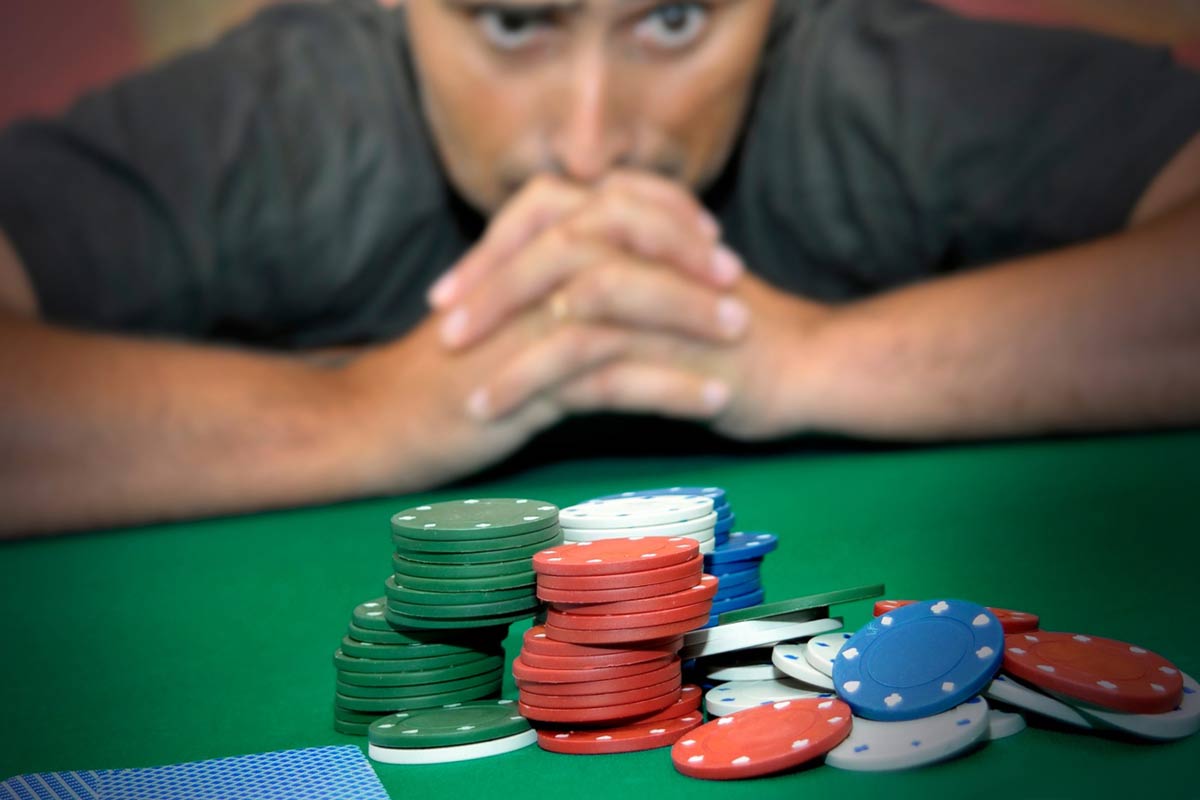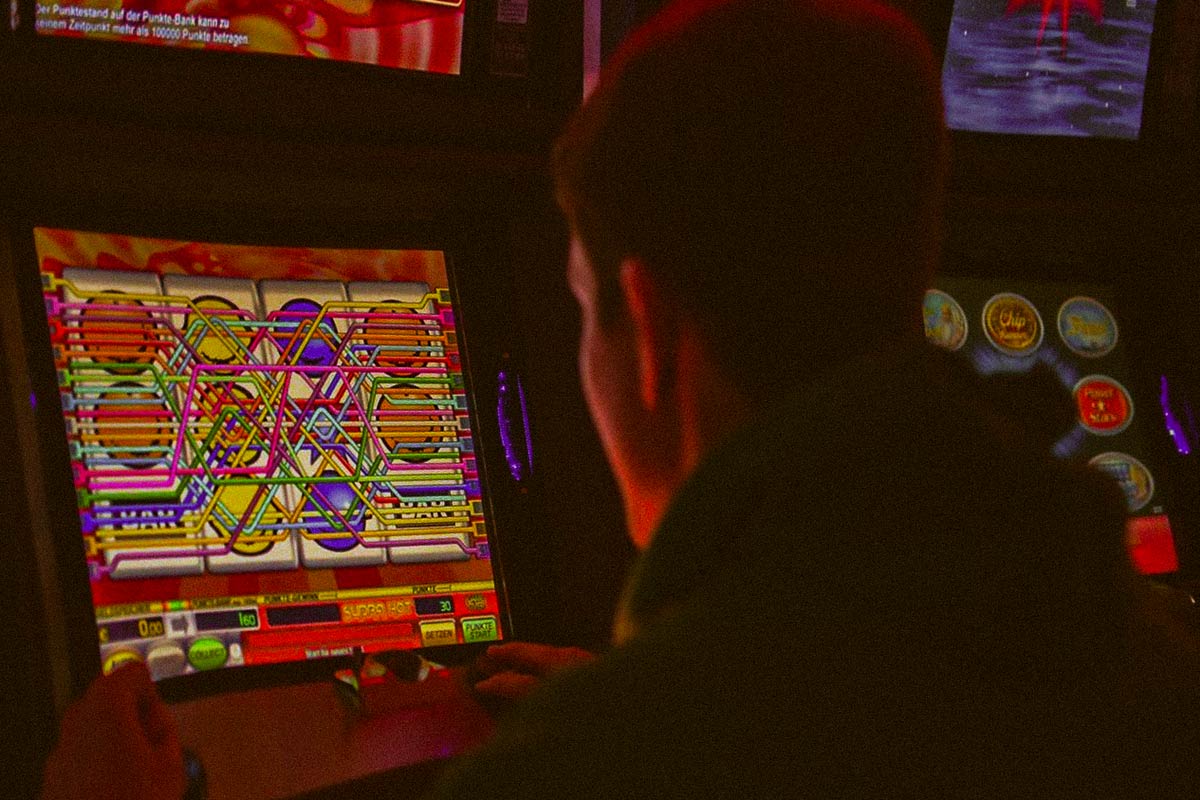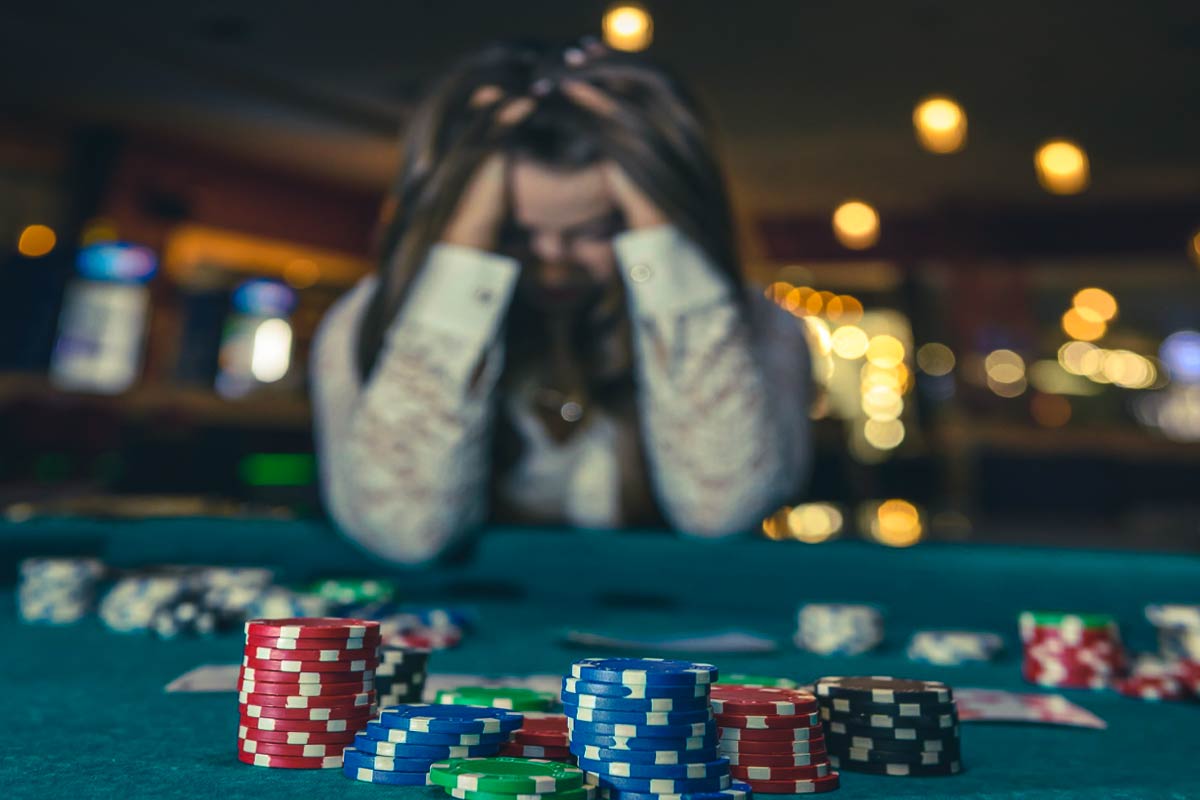
Gambling Help: How to Identify the Problem
Many gamblers adhere to responsible gambling rules and control themselves during the games. However, when betting, many lose control of their behaviour and become impulsive gamblers. Because of such actions, gambling does not bring pleasure but negatively affects the lives of such players.
For some, gambling problems progress and develop into gambling addiction. Addicted players have a constant uncontrollable desire to play, despite having already lost a lot of money. Such people begin to deceive loved ones and sell valuable things to get the opportunity to play more.
The negative consequences of such behaviour may include financial losses, loss of work and home, physical and mental health problems, and deterioration of family relationships. The consequences of gambling addiction can affect not only the player but also all members of their family and close people.
Essence of Problem Gambling
If a player has a problem with gambling, it does not necessarily mean that they have developed an addiction and are not in control of their actions. Problem gambling is primarily a player’s behaviour that negatively affects all aspects of their lives or the lives of their family and friends. The consequences of this gaming behaviour can be very different, including:

- Credit, debt and other financial problems.
- Problems in the family and personal relationships.
- Conflicts at work or job loss.
- Emotional and mental health problems.
- Negative impact on family members, in particular minor children.
- Complete loss of self-control and development of addiction.
The biggest danger is that many problem players find it difficult to admit that they have a control problem.
Causes of the Problem and Risk Factors
Every gambler is prone to developing a gambling addiction. However, in some people, this probability is much higher for several reasons. Below, we have outlined the key factors that may indicate a higher propensity for gambling problems. These factors include:
- Gender. Studies show that men are four times more likely to develop a gaming disorder. However, the number of women with gambling addiction is also rising.
- Genes and family history. The risk is higher if someone in your family, and especially your parents, has problems with gambling or any other type of addiction.
- Personal experience. If you have ever experienced the feeling of a big win, then the risk will be higher.
- Alcohol and drugs. If players drink or take drugs a lot, they are prone to developing other addictions, including gambling.
- Mental health problems. Suppose the player suffers from mental disorders, including anxiety and depression.
- Place of work. Those who work in casinos and other gambling establishments are more likely to develop an addiction.
- Bad financial situation. Unemployed people and players who have financial problems.
- Physical health problems. People with physical illnesses may experience problems with self-control and gambling.
- Taking certain medications. Some drugs affect a chemical in our body, dopamine. This substance is responsible for the well-being of a person in the brain.
How to Recognise Addiction in Friends
Gambling addicts usually do not admit and hide their problems from others. However, after analysing some signs, it becomes clear that your friend or loved one has a problem with gambling. These alarms include:

- loss of valuables and money from the family budget;
- a person constantly borrows money in debt;
- the player takes loans from banks;
- utility bills, insurance, or mortgages are not paid;
- lack of funds for necessities;
- loss of a job or leaving the family;
- changes in the behaviour and emotional state of a person;
- conflicts at work and in the family;
- frequent depression and even suicidal thoughts;
- constant absence from important family and other events;
- poor performance at work.
How to Recognise Gambling Addiction in Yourself
Players who develop a gambling addiction often behave differently and experience the following symptoms:

- spend more money and time on gambling than planned;
- play in a state of anxiety, sadness and depression;
- feel an irresistible desire to hit the jackpot;
- think about casino games all the time;
- attempts to control or even quit gambling fail;
- feeling restless and irritable due to attempts to stop;
- attempts to win back losses;
- lying so that no one finds out about problems with gambling;
- problems in personal relationships and with employees;
- the hope that someone close to you will pay off your debts.
Reasons People Keep Playing
As noted, many factors can increase a player’s chances of developing a gambling disorder. This also applies to the reasons why they cannot stop.
In many cases, people start playing to forget and distract themselves from serious problems in life. This feeling of carelessness and relaxation is why they cannot stop and keep playing.
Modern society is sure that gambling is a part of normal life. Therefore, any problems with them are considered within the limits of the norm. For this reason, it is difficult for people addicted to gambling to stop spending time on casino sites and stop.
During the game, changes in the player’s brain can occur, in many ways similar to changes in the brain of people addicted to drugs and alcohol. In the future, these changes do not allow the brain to stop, encouraging the player to play again.
How Gambling Addiction Is Treated
To diagnose and treat gambling addiction, professionals often use some form of psychological therapy, including cognitive behavioural therapy.

This technique is based on the study of the logic that underlies all casino games, including the player’s chances of winning, confidence in luck and skill in games, and the desire to recoup and recover lost funds.
Also, psychological therapy is often used in the treatment of problems and addiction to gambling. With its help, players manage to get rid of depression, anxiety and suicidal thoughts.
Many gamblers also need advice from financial experts. They help to allocate the budget and find alternatives to gambling entertainment correctly.
If you have concerns that someone close to you or you have signs of gambling addiction, first consult with a qualified specialist.
Self-Help for Gambling Problems
To avoid the development of addiction and problems with gambling, the player should follow certain rules:
Things to Do:
- before allocating a budget for games, pay all bills on time, such as utility bills, insurance, mortgages, etc.;
- when choosing between gambling and time with family and friends, give preference to the second option;
- spend more time with friends who are not into gambling;
- if you are in debt, contact the experts to try to resolve the problem, not ignore it.
Things not to Do
- perceive gambling as a way to earn money and not as a way to have a good time;
- ignore gambling problems and not talk about them to anyone;
- take a lot of cash and a credit card with you when going to a gambling establishment.
Where to Get Help
Canadian players can get help with their gambling needs from many organisations. Some of them can be found below.
Gamblers Anonymous. This international organisation includes both male and female players. They share their personal experience of solving the problem and ways to overcome addiction. The project participants consider gambling addiction to be their common problem and support each other on their way to recovery.
Responsible Gaming Council. This is one of the most famous non-profit organisations in the field of online gambling in the Channel. The organisation strongly promotes the principles of responsible gaming. The site regularly publishes information about gambling, useful articles, video and audio materials, as well as the results of research on gambling addiction.
Center for Addiction and Mental Health. This is one of the largest mental health centres in Canada. The institution deals with treating and preventing various types of addiction, including addiction to casino games. In addition, the centre regularly conducts research and shares the results with the public to make people more knowledgeable in the field.
International Center for Youth Gambling Problems. A Canadian centre whose main goal is to educate players about gambling and the risks that young people face when gambling. The site regularly publishes important information for parents and teenagers.
FAQs about Gambling Help
As with other types of addiction, there are no clear causes for the development of gambling disorder. Instead, experts identify genetic, biological and psychological factors that can cause addiction.
Self-control and discipline are important for all players. For those who are prone to addiction in particular. If you notice some alarming signals, it is better to consult a specialist and make any decisions. Then, if you are ready to take certain measures on your own, you will be able to cope.
Many organisations are available to players in Canada who can advise on this matter. You will also be able to communicate with specialists and, if necessary, take a full course of treatment.
The first thing you need to do is consult with a specialist. He will tell you how to proceed. Try not to leave the addicted player alone and limit his access to money. Learn about responsible gambling and casino game addiction.
